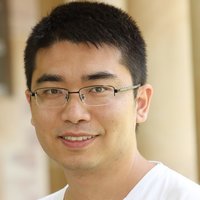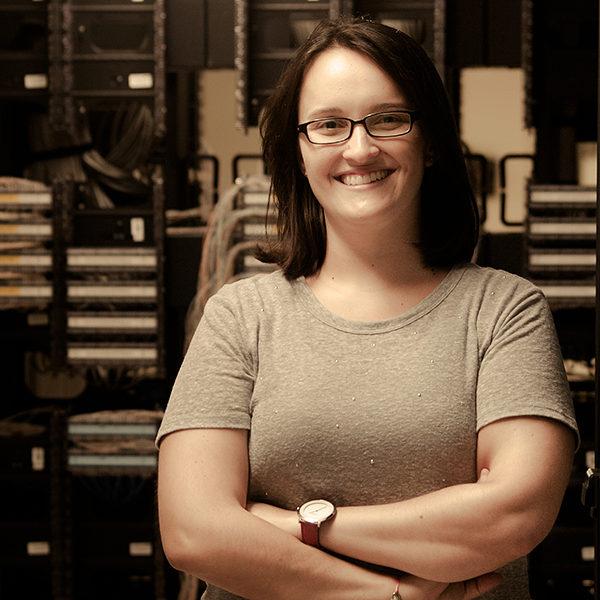Mining cryptocurrencies consumes energy. Data centers consume energy. The devices connected to the internet consume energy. In sum, the new infrastructures that support the growing digital world, full of broadband internet access, services in the cloud and streaming content, are creating an increasingly larger environmental footprint on the planet.
To get these infrastructures to work more efficiently is precisely the goal of Ana Carolina Riekstin. This Brazilian researcher has designed a series of tools to calculate and optimize the energy consumption of these facilities according to the processes that they perform. The results help rto automate the processes as much as possible and to save up to 50% of the electricity consumed. Thanks to this important advance, Riekstin has been chosen among the Innovators under 35 Latin America 2018 of MIT Technology Review.
"Automating some tasks, such as finding out when it is more convenient to concentrate the whole load on a single server when all are not performing to the maximum, for example, makes the existing infrastructure operate in a more energy-efficient way," explains the young woman, who is a researcher at the Synchromedia laboratory of the École de technologie supérieure in Montreal (Canada).
Aside from the calculation of the electricity consumption, Riekstin has also participated in developing a way to link said consumption to its greenhouse gas emissions, which varies depending on the location of the infrastructures and the time of the day, due to local effects in the generation of power in the electrical network. This is especially complex when referring to large providers with connected infrastructures in various geographical locations and whose coordination could mean a considerable decrease in the volume of emissions.
"The new technologies are more efficient, but if they are used together and automated, they can be even more efficient," the young Brazilian explains, adding, "If the only thing we were concerned about was reducing consumption, it would be enough to turn off the systems, but what we are looking for is to maintain a goal of global productive efficiency with the lowest consumption and the lowest possible amount of emissions," she concludes. Given the potential of her technology to improve the world, Riekstin is collaborating with the Institute of Electrical and Electronic Engineering (IEEE) to adapt her models into a standard format for the entire industry.
The founding partner of Urban Living Futures, Mikele Brack, who is also a jury member of Innovators Under 35 Latin America 2018, considers that "Riekstin's research is very relevant to the current problems related to the emission of greenhouse gases associated with the ubiquitous existence of connected devices." The judge recognizes that this is a "trend that will not stop growing, so it is critical to take into account the sustainability of storage processes and access to data."




